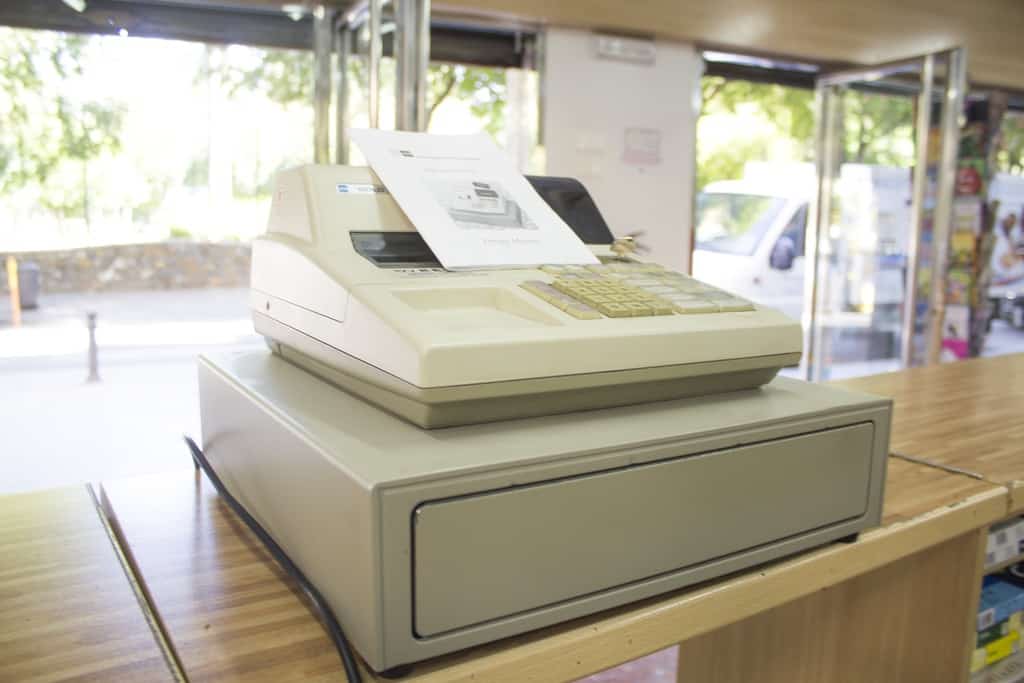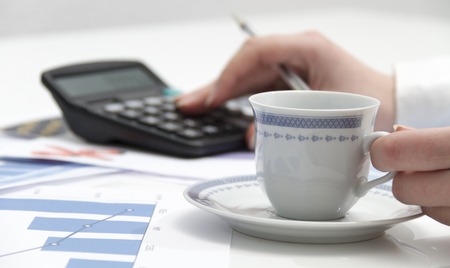 Filing Tips Philadelphia | City Skyline | daletaxservice.com " width="1024" height="683" />
Filing Tips Philadelphia | City Skyline | daletaxservice.com " width="1024" height="683" /> Filing Tips Philadelphia | City Skyline | daletaxservice.com " width="1024" height="683" />
Filing Tips Philadelphia | City Skyline | daletaxservice.com " width="1024" height="683" />
Residents of the city of “Brotherly Love” are used to paying a lot of taxes. This year is no exception. As the 2020 tax year rolls to an end, this is what you need to know about Philadelphia tax rates, due dates, and a few tips to help you fill out your return and minimize the amount owed.
If you’re interested in last year’s (2019) Philadelphia tax rates, due dates, and filing tips, go here.
The Philadelphia City Wage Tax is a tax on salaries, wages, commissions, and other compensation.

Who has to pay it?
Individuals who work or live in the city must pay the city wage tax. Employers and payroll service companies are required to withhold the Wage Tax from all eligible employees and to report wage, salary, and tax withheld to the IRS, state, and City of Philadelphia in the form of a W2.
NOTE: Because of COVID-19 pandemic and the financial difficulty that has caused for so many this year, the city issued new wage tax policy guidance on November 4 th , 2020. If you were told to work from home by your employer in 2020, you may not have to pay the Philadelphia city wage tax. Learn more in our COVID-19: Tax Implications for Philadelphia Residents and Workers post.
How much is the tax?
Residents pay 3.8712% on wages. Non-Residents who work in the city pay 3.5019 %.
When is the tax due?
Due dates vary depending on how much wage tax is withheld. It varies from weekly ( $16,000 or more withheld each month) to quarterly (less than $350 withheld each month).
What happens if I don’t pay or don’t pay on time?
If your employer fails to withhold this tax, you are still required to pay it. Interest is due on any unpaid taxes at the rate specified by Philadelphia Code 19-509. Rates are steep!
Do you have any tips or suggestions?
Individuals do NOT have to fill out a W2. Your employer should provide all parties, including you, with a copy by January 31 or face a penalty.
Where can I get more information if I need it?
The Business Income and Receipts Tax or BIRT is the renamed business privilege tax. It’s a two-part tax on revenue based on a business or individual’s gross receipts and net income.

Who has to pay it?
Every individual, partnership, association, limited liability company (LLC), and corporation engaged in a business, profession or other activity for profit within the City of Philadelphia must pay this tax. You must file, even if you did not earn a profit.
How much is the tax?
Current BIRT rates are 1.415% per $1,000 on gross receipts, and 6.30% on taxable net income.
When is the tax due?
Taxpayers who owe $5,000 or more for the BIRT/NPT are required to pay those taxes electronically.
What happens if I don’t pay or don’t pay on time?
Late payments are subject to interest and penalty charges. There are no extensions for tax payments, but you can apply for more time to file your return if needed.
Your Commercial Activity License (CAL), the license all for-profit businesses need to conduct business within Philadelphia, can be suspended or revoked if you haven’t paid your taxes. If you don’t pay on time, you may have to suspend business operations until you do pay.
Do you have any tips or suggestions?
The BIRT can be allocated if some of the business is done out of the city. The BIRT also allows for a statutory exemption of up to $100,000 of gross receipts.
Filing the BIRT in the first year requires payment for the current and following year.
Where can I get more information if I need it?
 decide whether hiring a cpa is worth it" width="450" height="268" />
decide whether hiring a cpa is worth it" width="450" height="268" />
The Net Profits Tax (NPT) is imposed on the net profits from the operation of a trade, business, profession, enterprise, or other activity by:
Who has to pay it?
Businesses must pay the Net Profits Tax if they are organized as:
The rental of property, in most cases, is considered the operation of a business.
Corporations are exempt from the Net Profits Tax.
How much is the tax?
The NPT tax rate for 2020 is 3.8712% of net income (for residents) or 3.5019% (for non-residents).
When is the tax due?
April 15 and June 15 of each tax year
Do you have any tips or suggestions?
The Net Profits Tax is remitted in addition to the Business Income and Receipts Tax (BIRT). The NPT does NOT take the place of the net income portion of the Business Income & Receipts Tax (BIRT). That said, you may be able to take a credit on the NPT based on the amount of tax owed from your BIRT. The NPT tax gets a credit of 60% of the BIRT Tax paid on net income.
The income-based rates are 0.5% lower than standard rates. If you are eligible, residents pay 3.3712%, non-residents 2.9481%.
A return must be filed even if a loss is incurred. If no return is filed, non-filer penalties are imposed.
If you don’t receive a tax package, you are still responsible for filing a return and paying the tax due.
Where can I get more information if I need it?

Photo by Kelly Sikkema on Unsplash
The Philadelphia School Tax is a form of property tax that is used to fund the replacement of crumbling infrastructure, tougher standards, new technology, and the need to prepare students for an economy with decreasing blue-collar jobs.
Who has to pay it?
Residents of the city of Philadelphia who have certain classes of income must pay School Income Tax. Income items subject to the tax include dividends, taxable interest, Subchapter S Distributions, royalties, Limited Partnership Income, taxable income received by a beneficiary of an estate or trust, capital gains of less than 6 months, and certain types of net rental income (from duplexes).
How much is the tax?
The School Income Tax rate is 3.8712% of unearned income for 2020.
When is the tax due?
Do you have any tips or suggestions?
Rates and fees can change, so it is important to double-check with the city before submitting your return.
Certain types of unearned income are exempt from School Income Tax:
You must pay the tax due on time. If you don’t receive a tax return, that does not excuse you from that responsibility.
If you reside in the city for only part of the year, the tax can be adjusted so you only pay for unearned income received during your period of residency.
Where can I get more information if I need it?
The official School Income Tax regulations contain a complete list of taxable income types.
If you’ve concluded that residents of Philadelphia face one of the more burdensome and complex tax structures in the country, you’re not alone. Also, be aware that delaying or making a mistake can be extremely expensive. In addition to interest rates of 6% per year, you can also be charged a 1.25% penalty fee each month that your return or payment is late.
These rates took effect on January 1, 2014.
There might be an opportunity to reduce the amount of tax you owe. Find out if you’re eligible for a 2020 Philadelphia Tax Credit.
A lot of people find they don’t have the time or would prefer professional help when it comes to filing their taxes. If that describes you, feel free to give us a call (215-342-4200) or fill out our Contact Us form. We’re happy to help.
Last Updated: 12/11/2020
January 13, 2021 Dale S. GoldbergDale S. Goldberg has more than 30 years of accounting experience and has built a loyal client base in Philadelphia PA. Dale’s firm is rooted in providing quality professional services delivered with personal attention and care.